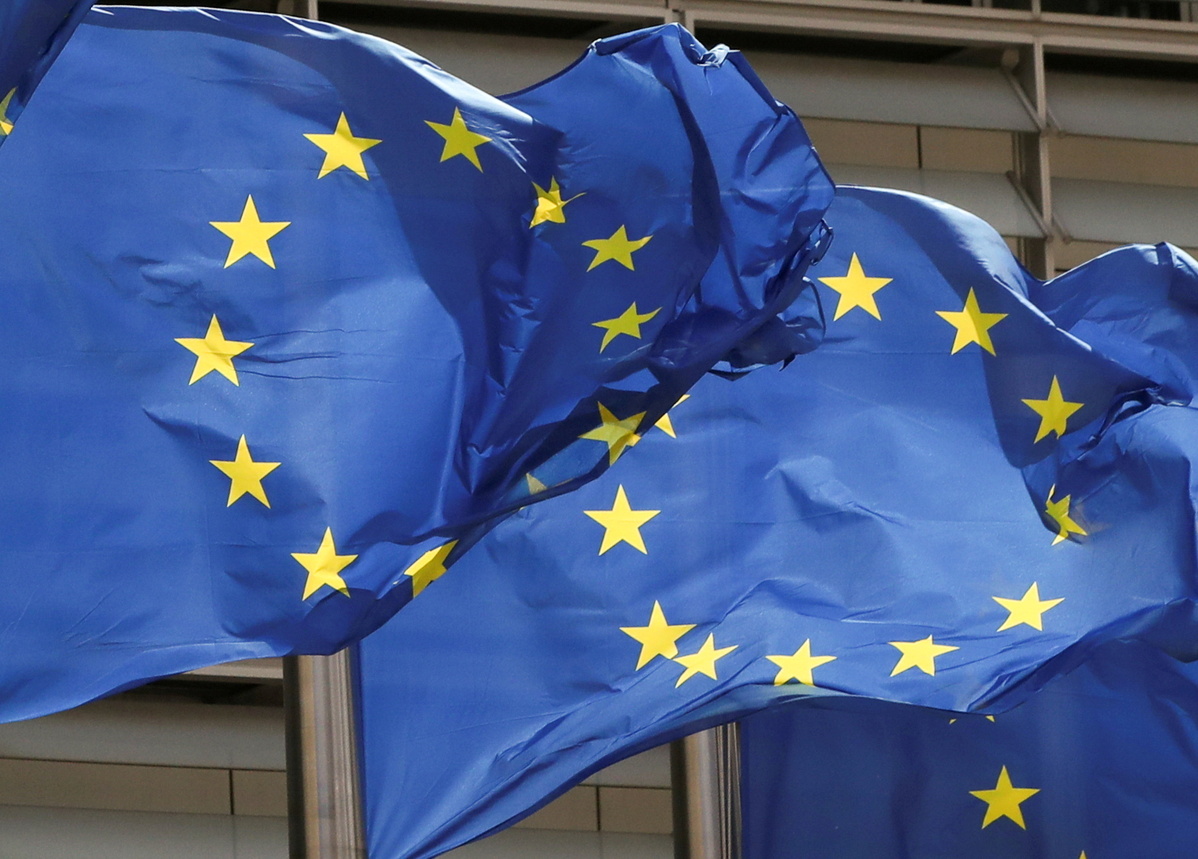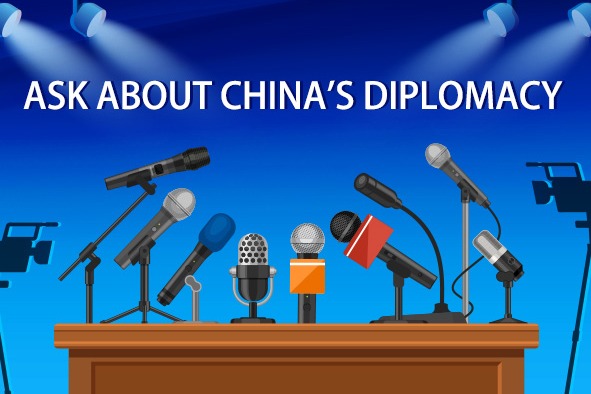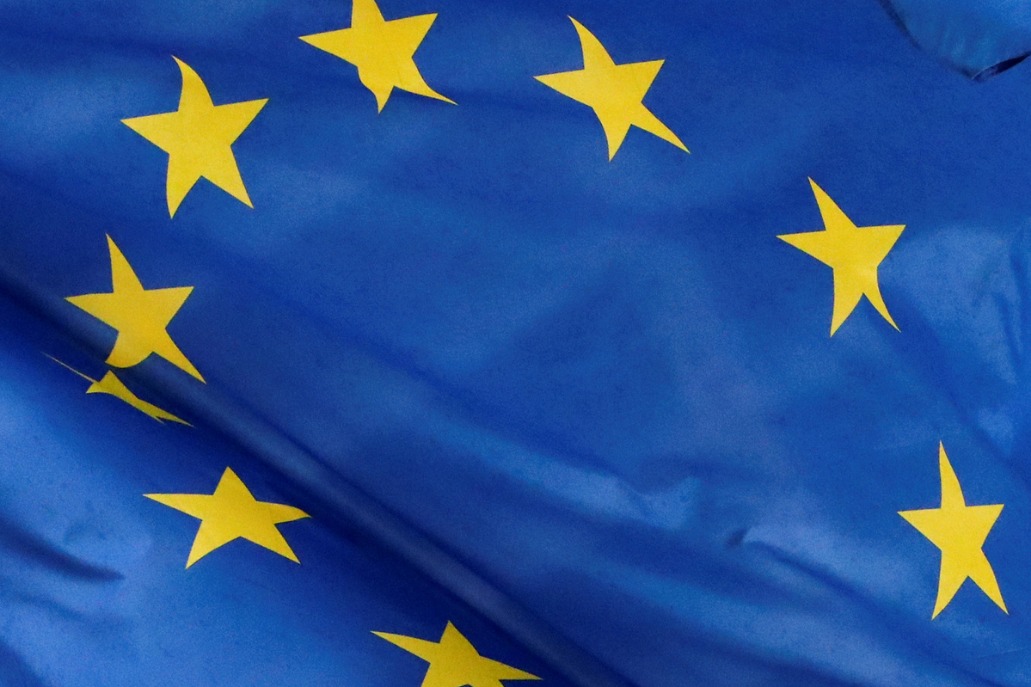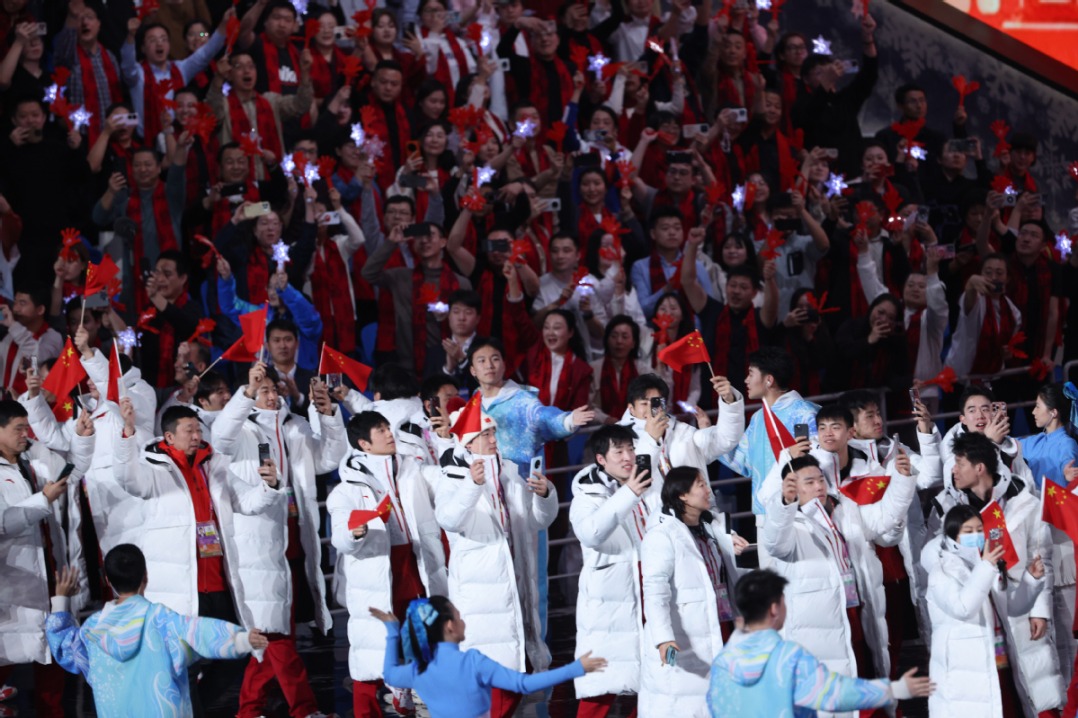Ending Ukraine crisis most beneficial to EU


The Russia-Ukraine conflict has claimed tens of thousands of lives and caused destruction worth billions of dollars. That's why many people hope the two sides declare a ceasefire soon.
But the fact that the United States and some European Union member states have been providing military equipment and ammunition for Ukraine has made it difficult to end the conflict. The nature of the EU's aid to Ukraine is different from that of the US. The EU has been providing "pure aid" for Ukraine, earning almost no profit. On the other hand, the US with its well-developed "military industrial complex" earns handsome profits by supplying arms and ammunition to Ukraine most of which goes into the pockets of US defense industries. As such, the blood transfusion to Ukraine means long-term blood loss to Europe.
The Russia-Ukraine conflict has severed the link between some EU economies and Russia's energy sector, resulting in high energy prices. Amid the global economic slowdown, the fiscal revenue of EU countries has decreased and their economic recovery is foundering — European financial markets have become volatile and the euro has weakened.
Given the new US administration's demands, the EU countries have to not only increase their defense budgets but also contribute more to NATO's budget, while continuing to provide increased military assistance for Ukraine. This means increasing fiscal deficits and debt burdens for EU countries.
Before the Russia-Ukraine conflict, Russia was the main natural gas supplier of the EU, with its share in the EU natural gas market being as high as 40 percent. After the outbreak of the conflict, however, the EU countries began seeking diversified energy supplies to reduce their dependence on Russian energy.
While the EU countries have deepened energy cooperation with natural gas exporting countries such as Norway, Algeria and Qatar, and are exploring new sources for importing liquefied natural gas (LNG), the US has seized the opportunity to increase its LNG exports to Europe. Still, natural gas prices in EU have increased, which in turn has raised the cost of goods.
Although the EU and its member states have adopted effective policies and are using multiple financial channels to reduce their dependence on Russian energy, temporarily addressing the energy crisis caused by the Russia-Ukraine conflict, their energy imports and foreign trade still face geopolitical risks. If the Russia-Ukraine conflict continues, the EU economy will face greater economic pressure and lag behind other developed economies.
Also, in the face of soaring energy costs, the EU has been forced to lower its requirements for clean energy in the short term, with its member states resorting to fossil fuels to maintain their industrial production and supply electricity and heating to industries and households. Germany, Italy, Austria, the Netherlands, Denmark and other EU countries have already announced the reopening of coal-fired power plants.
The energy crisis has also forced manufacturing enterprises in the EU, especially those in traditionally advantageous industries such as machinery and chemical industry, to adjust their supply chains. And a large number of European companies, particularly those that have invested in the US, are unhappy with the EU in the light of Washington's "America first" strategy, exacerbating concerns within Europe about "deindustrialization".
Although the EU's green transformation has accelerated, it faces many challenges and uncertainties. The EU and its member states have introduced a series of policies to support the green transformation, which will create new economic growth points and industrial opportunities, prompting countries to increase investment in and boost the development of related industries.
But thanks to the impact of the Russia-Ukraine conflict on the EU economy, the growth of investment in green transformation has declined. There is a significant gap among EU countries when it comes to investment in green transformation.
Besides, the EU still faces technological bottlenecks and insufficient infrastructure, which can slow down the green transformation. The existing technology infrastructure in European countries cannot fully meet the needs of green transformation.
Moreover, there are differences among EU countries on the speed and policy intensity of promoting the green transformation. Some member states have different views on the cost-benefit ratio of green transformation, making it more difficult to coordinate different member states' policies.
In addition, policies such as the US' Inflation Reduction Act have attracted investments from EU companies, leading to the relocation of some European green industry chains and affecting the EU's green transformation.
In short, the EU stands to gain the most by urging Russia and Ukraine to declare a ceasefire, which will have a profound impact on international relations and the global economy. Ending the war as soon as possible, therefore, will be most beneficial for the EU.

The author is a researcher on Russian studies at the Chinese Academy of Social Sciences. The views don't necessarily reflect those of China Daily.
If you have a specific expertise, or would like to share your thought about our stories, then send us your writings at opinion@chinadaily.com.cn, and comment@chinadaily.com.cn.

































